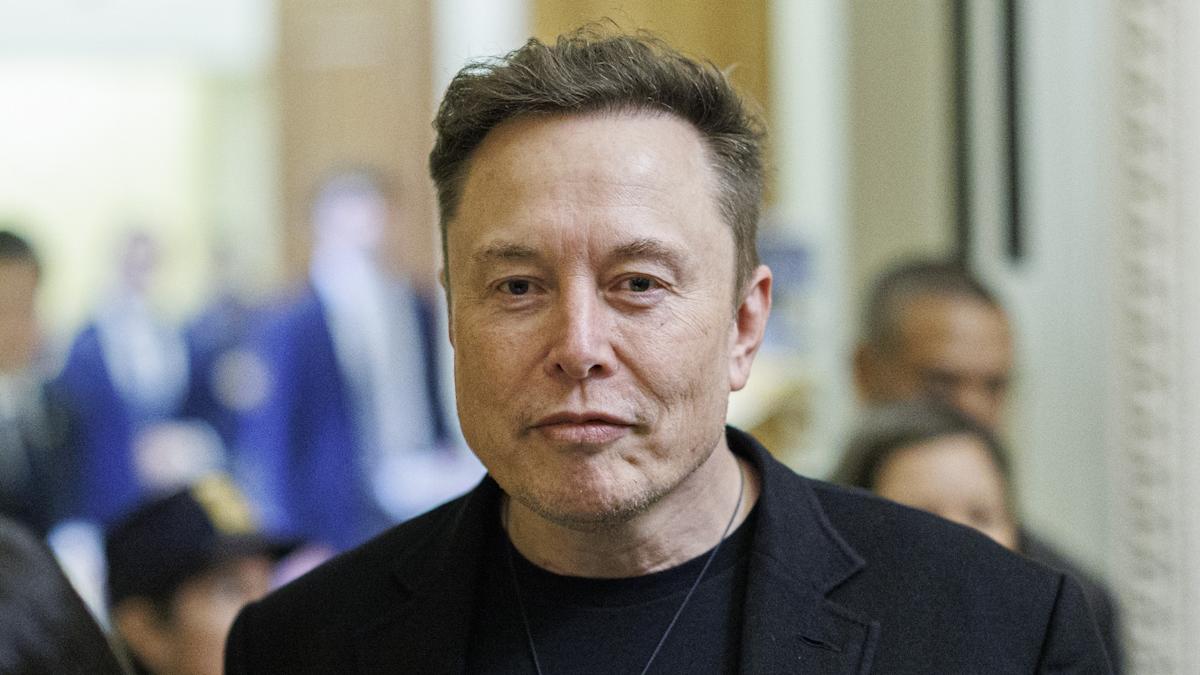It’s wild, but true — a few rich men largely control the U.S. economy. Three billionaires have incredible sway over economic conditions, but for largely different reasons.
Find Out: 7 Tax Loopholes the Rich Use To Pay Less and Build More Wealth
Learn More: 25 Places To Buy a Home If You Want It To Gain Value
Invest in Gold
People follow the lead of a famed investor, are beholden to the actions of a political leader and are in a near-constant state of whiplash due to the unpredictable actions of a powerful entrepreneur. Keep reading to find out if you’ve guessed correctly who these billionaires are, and why they have such a heavy impact on the economy.
Nicknamed the “Oracle of Omaha,” Warren Buffett has helmed Berkshire Hathaway for six decades. On May 2, the 94-year-old announced plans to retire at the end of 2025, immediately causing the company’s stock to tumble.
This isn’t surprising, as Buffett is largely considered one of the greatest investors of all time — if not the greatest. A quick Google search reveals seemingly endless pages of stories highlighting his impact on Wall Street.
Buffett’s annual shareholder letter always makes headlines, as interest in his commentary goes well beyond those with a monetary stake in Berkshire Hathaway. A charitable billionaire, he launched The Giving Pledge with Bill Gates and Melinda French Gates in 2010, pledging to donate 99% of his wealth to charity.
As of the end of June 2025, Buffett is the fifth-richest person in the world, according to Forbes, with a net worth of $151.2 billion.
Consider This: 10 Genius Things Warren Buffett Says To Do With Your Money
When it comes to billionaires, Donald Trump isn’t dominating the list with a net worth of $5.1 billion as of June 30. However, he’s currently the President of the United States, making his economic influence undeniable.
Since “Liberation Day” in April, President Trump’s on-again-off-again tariffs have left consumers bracing for higher prices, while business leaders grapple with managing issues such as supply chain, staffing and pricing.
Economists have largely predicted Trump tariffs will stunt economic growth and lead to higher prices for consumers. Additionally, in a since-deleted X post, Elon Musk wrote “The Trump tariffs will cause a recession in the second half the this year.”
Despite that, the May 2025 Consumer Price Index Consumer Price Index revealed inflation is up just 2.4% from one year ago — and a mere 0.1% from April 2025. Only time will tell if Trump’s tariffs will continue, and if so, the weight of their economic impact.


